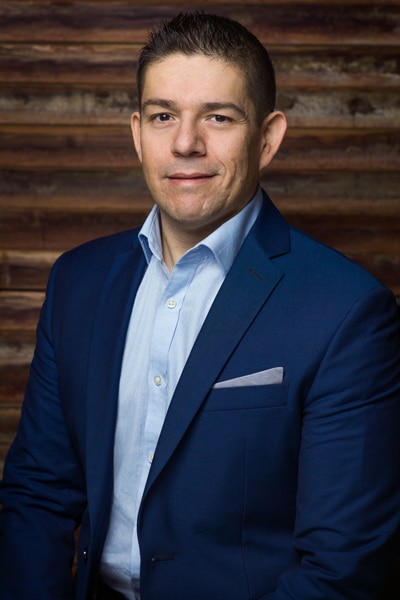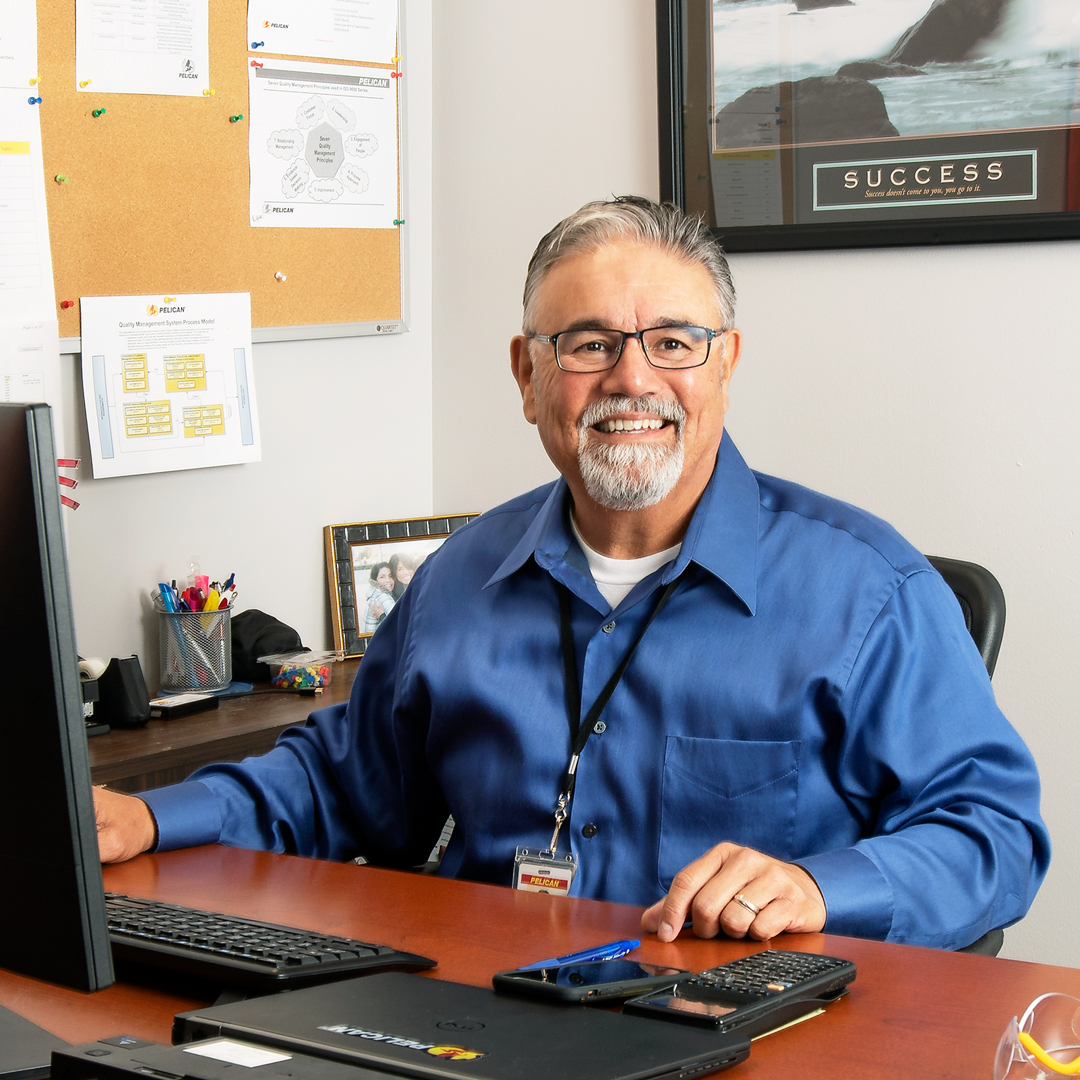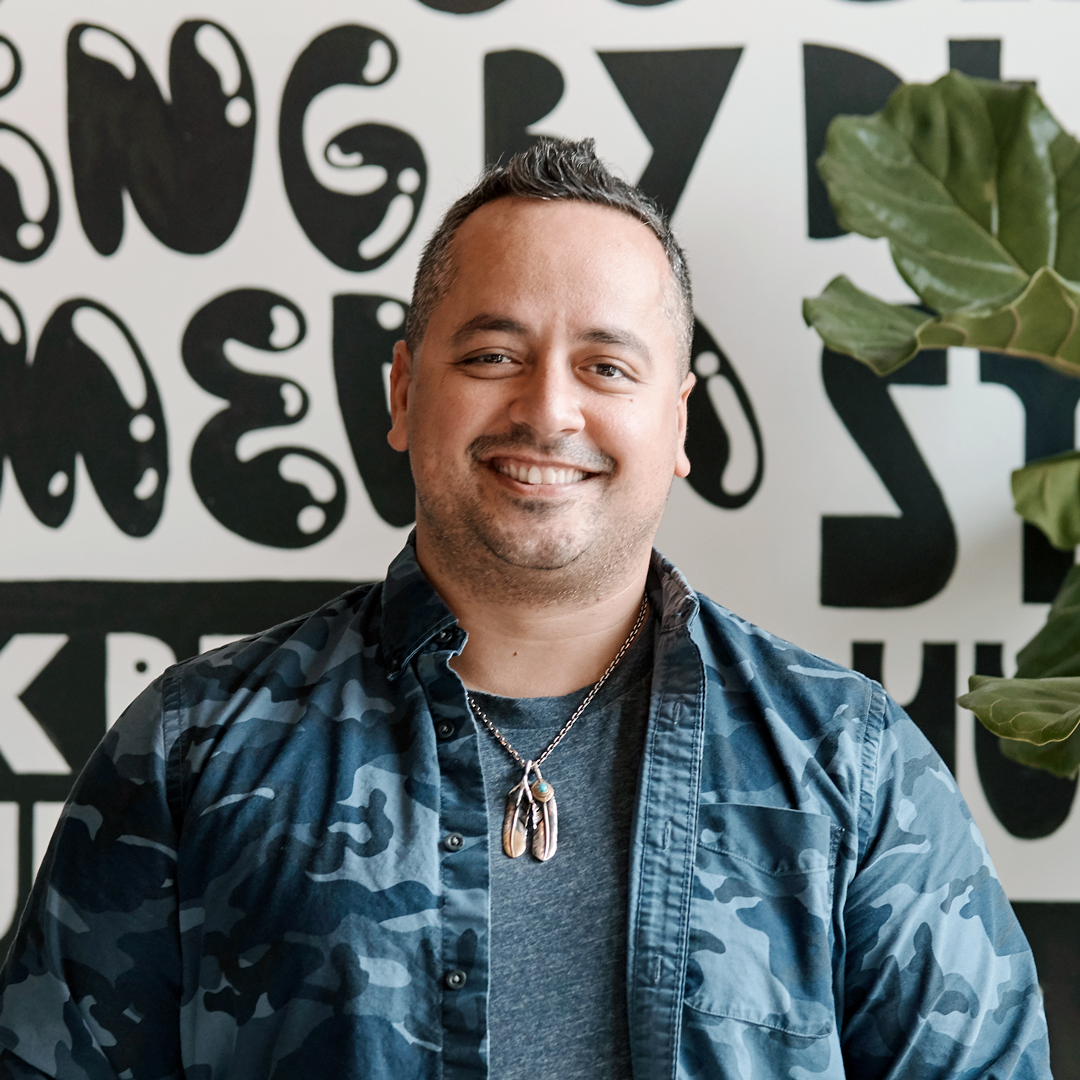|
Getting your Trinity Audio player ready...
|

Sal Montes is quite clear about what Fender is aiming for: “We want to be the center of excellence in small batch production and customized guitars,” he says of the Corona, California, production facility.
Montes, vice president of manufacturing operations at the most recognizable guitar brand in the world, says the company is in the middle of a cultural and production transformation that they’re looking at not in terms of years but in terms of its legacy potential. “Our big challenge is to sustain that change,” Montes says. “This transformation will be residing here as a commitment to becoming a perpetual training organization.”
Montes came to Fender Musical Instruments Corporation after eighteen years in aerospace engineering, accruing extensive operations and management experience at Bombardier, Honeywell Aerospace, and General Electric Aircraft Engines. It may be a coincidence that one of Fender’s latest limited-edition guitars, the Parallel Universe Series Meteora, more closely resembles a sleek, otherworldly aircraft, but Montes says his experience definitely carried over in a few unique ways applicable to musical instruments. “I brought a quality-culture mind-set to Fender that we see in both industries,” he says. “We may think that it’s even more important on a plane because there are lives involved, but in the musical instrument industry, it’s critical at the same level.”
For Fender’s Corona facility, Montes and his team are focused on transitioning the culture away from a volume mind-set into one of dedication to quality. “We’re the best of the best at making guitars,” he explains, “but having the ability to move back and forth in small custom batches: that’s what we’re working toward now.”
“We’re seeing that the customer wants custom guitars. They don’t want a guitar that anyone else has.”
The focus on quality means that if three defects show up in a row on the factory line, the line closes down until a solution is found. That simply is not the case in an industry that is often so volume-driven. “We’re seeing that the customer wants custom guitars. They don’t want a guitar that anyone else has,” Montes says. He believes that Fender CEO Andy Mooney’s focus on Corona’s small-batch quality production is a winning plan, and aerospace’s rigid focus on safety makes this quality approach one Montes is well-versed in.
Montes’s background is also applicable in helping to create a perpetual-training organization. “We want to make sure we have the proper certifications and do a good job of keeping our talent and training organized,” he says. “What is critical for us in that training is to keep creating and developing problem solvers at every level of the organization.” To do this, every employee should be able to not only recognize a potential problem, but also use specific methodology to solve it.
Fender’s transformation also includes working to define pre-control leading indicators instead of lagging indicators. “After you produce something, you measure your quality yield,” Montes says. “We want to do the opposite: We want to know what is going to go wrong before we produce—then, we can control that variable in order to ensure that our yield will meet expectations.”
While Corona’s efforts towards a transformation may seem like a tall order, Montes says that Fender’s inherent familial culture lends well to the task at hand. “You can’t imagine the pride here,” Montes says. “I joke that we don’t need a quality department, because that’s just our employees.”
He also notes that, unlike most industries, his factory makes dreams come true. “Leo Fender believed that artists are angels and his mission was to give them wings,” Montes says. “I always try and remember that.”
Sobre Su Familia
“Music is about family” is more than a motto for Sal Montes. Music helped him figure out where he belonged early in his life. “I wasn’t very sporty,” he recalls. “My parents tried to get me to play soccer, but I was following ants instead of following the ball.” Once he started taking guitar lessons at age ten, he realized he had found a calling.
He met his wife while playing his own Fender guitar in a wedding band. The band started doing so well he actually considered leaving his job to gig full-time. But when thinking about starting a family with his wife, Montes decided it made more sense to raise a family from home than from the stage. “When I was contacted by Fender in 2017, I thought it was an amazing opportunity to bridge my operational side and my love of music,” he says.
He and his wife continue to make music together today in a Latin-influenced band that plays Fender’s quarterly employee gatherings. “My wife reminds me of my love of music every single day,” Montes says. “She says I can’t ever leave Fender because it’s the perfect job for me.”



